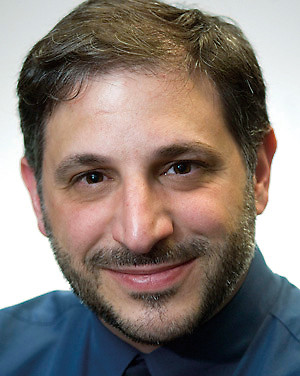
Working with digital media for almost 16 years between The Washington Post and now NPR, Mark Stencel spoke Tuesday of the changes in journalism, primarily with online media.
Speaking about NPR, where Stencel currently works, he explained how much of the funding NPR gets comes from donations by individuals. NPR does well because of traffic. Literally — driving and traffic help add and keep an audience for them. Their one major problem with listeners and viewers was attributed to the lack of a working web presence.
By gathering new skills for digital online news, NPR has taken leaps in being a large news-breaking online presence. Directing their attention to mobile space and news, NPR is a pioneer for smartphone news consumption.
News stations can put their audio to be shared with smartphone viewers, who can use it much like TiVo does for television.
All of the experimenting with new digital media has been akin to learning a new language.
The world of journalism is becoming more complex. News groups are working together, and often share video, audio and images that force journalists and companies to make several ethical decisions:
- Should they share x video with y news station?
- What images work where?
- Stories of different topics get different duration online
With science, a subject NPR focuses on, they use animation and video to help explain stories with difficult ideas, and can be made a valuable and relavent story.
Historically, NPR required great audio for them to put out good news. Since they’ve gone online, however, they have to now produce good news in all media. NPR, along with any other news source, wants to be the source people go to for breaking news, in any format or platform.
Don’t cover events — cover the implications. -Matt Thompson
Leave a Reply